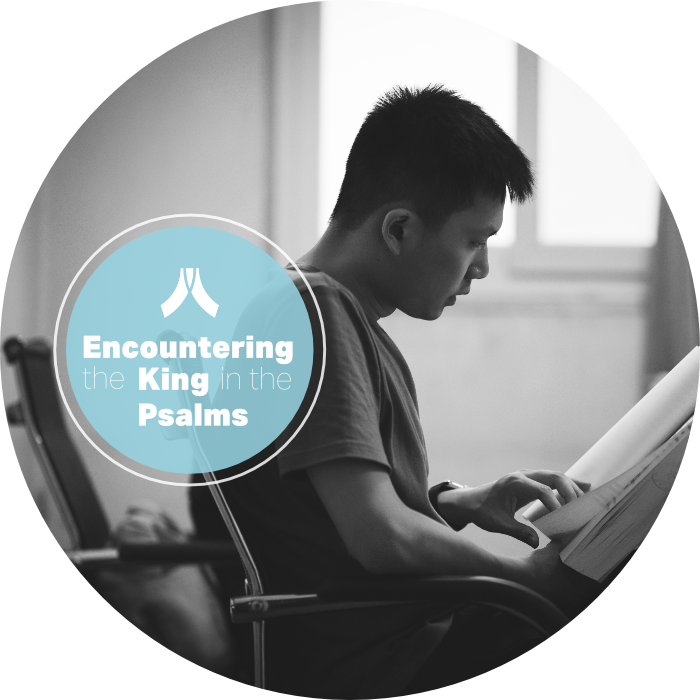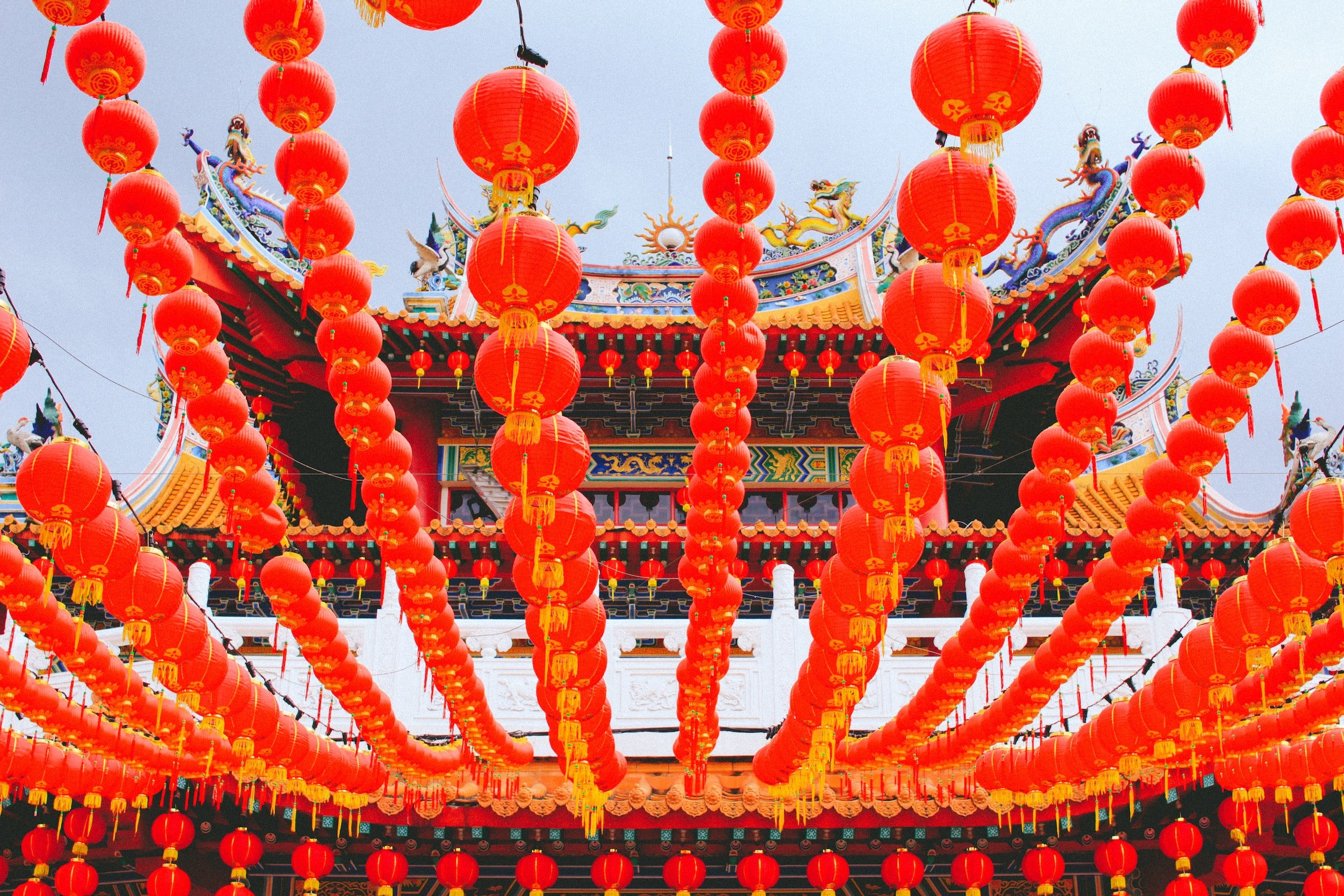
23 When they were released, they went to their friends and reported what the chief priests and the elders had said to them. 24 And when they heard it, they lifted their voices together to God and said, “Sovereign Lord, who made the heaven and the earth and the sea and everything in them, 25 who through the mouth of our father David, your servant, said by the Holy Spirit,
“‘Why did the Gentiles rage,
and the peoples plot in vain?
26 The kings of the earth set themselves,
and the rulers were gathered together,
against the Lord and against his Anointed’—
27 for truly in this city there were gathered together against your holy servant Jesus, whom you anointed, both Herod and Pontius Pilate, along with the Gentiles and the peoples of Israel, 28 to do whatever your hand and your plan had predestined to take place. 29 And now, Lord, look upon their threats and grant to your servants to continue to speak your word with all boldness,30 while you stretch out your hand to heal, and signs and wonders are performed through the name of your holy servant Jesus.” 31 And when they had prayed, the place in which they were gathered together was shaken, and they were all filled with the Holy Spirit and continued to speak the word of God with boldness.
Acts 4:23-31
I believe this passage is the only recorded corporate prayer in the New Testament. God meant for us to learn something from it. Not only do we have the content of the prayer, but through this prayer, we can perceive the believers’ reality: why they are praying, how they are praying, and what they are praying.
Never miss a story
>
”“The believers come to the eternal God saying, the reason we are being persecuted is not about us; it is about who is the anointed king…When these believers talk about this coronated, anointed king, it is not far away or distant to them. Jesus Christ had ascended only several weeks previous; he had crucified, died, and resurrected not very long ago. This is the personal experience of these believers; this is their reality.”Never miss a story
Sign up to receive our weekly email with our original articles.
Through this prayer, we can feel the reality of Christ’s coronation and absolute lordship in the lives of these believers. When they pray, they first engage the Old Testament and what the Spirit, through David, had promised would happen in the end times. When the believers ask why the Gentiles rage and the peoples plot in vain, they are using David’s words to ask about their own experience: “Why are we persecuted? Why was Jesus persecuted?” Earlier, the council of Jerusalem had told them they could not do any miracles in the name of Jesus. Peter and John came back and shared what they were told, and now they are prophesying in biblical language.
Then, in this same prayer, they immediately begin to answer the question they have just posed. They continue to quote Scripture; where the Old Testament says, “rulers were gathered together,” here, they say that Herod and Pontius Pilate are “gathered together” to oppose God’s people. In the middle of vv. 26 and 27, it says twice that these kings are gathered against the Lord and his anointed. There is a clear literary structure to this prayer: it begins with an Old Testament prophecy that the kings will surround and attack; it ends with the attack of the rulers of the day. In the middle is the persecuted Jesus, the anointed king.
In the Bible, at the center of the church’s experience of persecution, the issue is about the king. This is true in both the Old Testament and the New. The believers come to the eternal God saying, the reason we are being persecuted is not about us; it is about who is the anointed king. This king is the reason we are praying to you. When these believers talk about this coronated, anointed king, it is not far away or distant to them. Jesus Christ had ascended only several weeks previous; he had crucified, died, and resurrected not very long ago. This is the personal experience of these believers; this is their reality. It is not theoretical or abstract, but something they had experienced.
Acts 1:9 says: “And when he had said these things, as they were looking on, he was lifted up, and a cloud took him out of their sight.” These believers saw Jesus physically, bodily ascend and leave them. They are praying because they saw this happen.
Then, in Acts 2:32-33, Peter interpreted this experience, saying: “This Jesus God raised up, and of that we all are witnesses. Being therefore exalted at the right hand of God, and having received from the Father the promise of the Holy Spirit, he has poured out this that you yourselves are seeing and hearing.” Peter is talking about the Spirit’s descending on Pentecost. The reason for Pentecost and the Spirit’s descent was that Jesus was lifted on high and coronated as king.
Third, this experience of the Holy Spirit continued through the prayers in Acts 4. The climax of this part of the story about the Jerusalem church comes in Acts 7:55-56, when Peter saw into heaven. This is real—Stephen saw the heavens open with his naked human eyes, not by faith. “But he, full of the Holy Spirit, gazed into heaven and saw the glory of God, and Jesus standing at the right hand of God. And he said, ‘Behold, I see the heavens opened, and the Son of Man standing at the right hand of God.’” Jesus had already ascended; now Stephen sees him reigning.
This is all about the king. The anointed king is the center of the corporate prayer in Acts 4, but was already explained in the beginning of the book of Acts. King Jesus is there, and he is leading the church. Jesus is the reason for all of these experiences, and he is the reason why these believers pray.
The body of Jesus was resurrected and has ascended into heaven. This body has a spatial dimension, which at this very moment is seated at the right hand of God. Heaven, which is able to hold this spatial body, also has a spatial dimension itself. There is a spatial dimension for the created heavens and earth. Right now, heaven holds the physical body of the resurrected Christ, and is awaiting our arrival.
>
”“This Christ, who is now reigning on his throne, will come to judge and rule this world. When we take that seriously, we see that his rule and lordship is as real as any earthly kingdom. We already have a king; we don’t need an earthly king. We no longer need a Christendom on earth. Instead, it is only a matter of when that invisible but real kingdom will come to earth and heaven and earth will become one.”
This is a real resurrection. Jesus Christ, the incarnated Son, did not cease to be fully man when he returned to heaven. Instead, the incarnation entered a different stage. Eventually, the spatial dimension of heaven will descend to earth and take over everything. God’s plan is for there to be a new heavens and a new earth.
This Christ, who is now reigning on his throne, will come to judge and rule this world. When we take that seriously, we see that his rule and lordship is as real as any earthly kingdom. We already have a king; we don’t need an earthly king. We no longer need a Christendom on earth. Instead, it is only a matter of when that invisible but real kingdom will come to earth and heaven and earth will become one.
This is the reality that these first century apostles and disciples assume when they pray. When they faced earthly judges or rulers, such as the Jerusalem Council, moments later they go into the heavenly courts and talk with God about that kingdom. Only with this reality can we deal with secularism or materialism. If we think that Christ’s kingdom is invisible, it becomes abstract to us, or we spiritualize it. No; his kingdom is real. The ultimate political government is the invisible, but reigning, king in the heavens.

Join our prayer movement
Join us as we pray for the house church in China by using the Psalms to guide us. We send out weekly prayer emails and a monthly newsletter so that you can better reflect and pray for our brothers and sisters in China.
Muxi Zhang is a pseudonym for a China ministry veteran who has in-depth and extensive ministry experience.
FOR PRAYER AND REFLECTION
Pray that the reality of Christ’s coronation as king will transform the lives of Chinese believers.



































